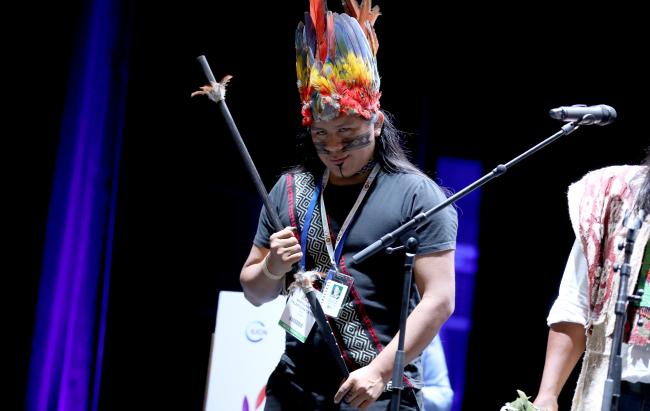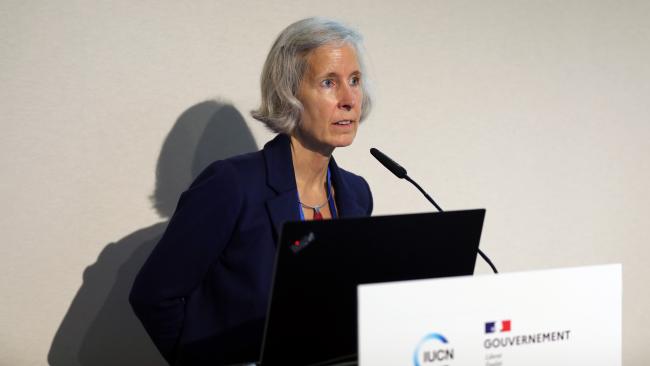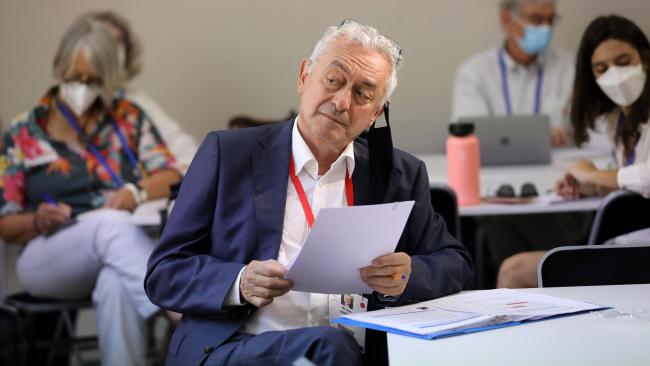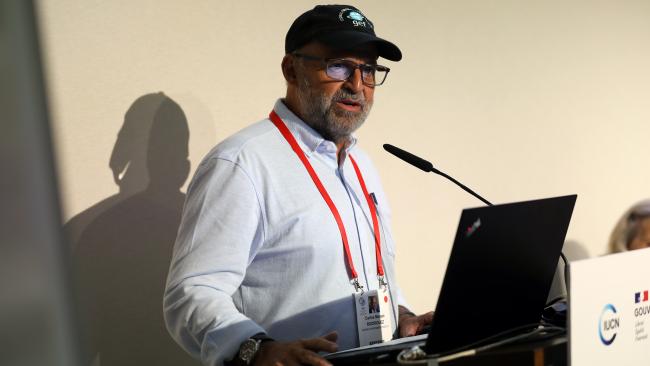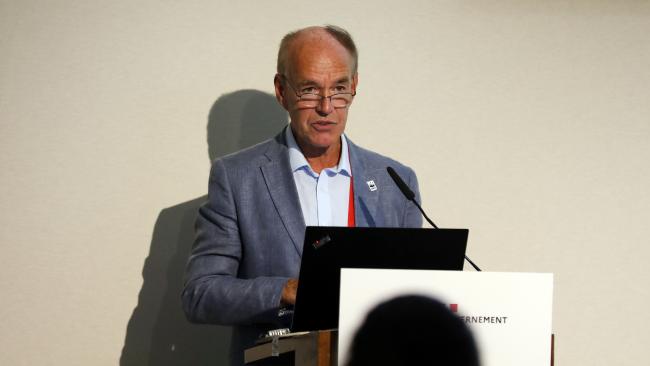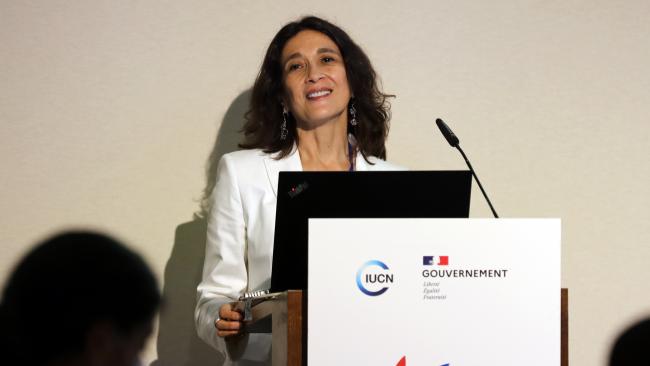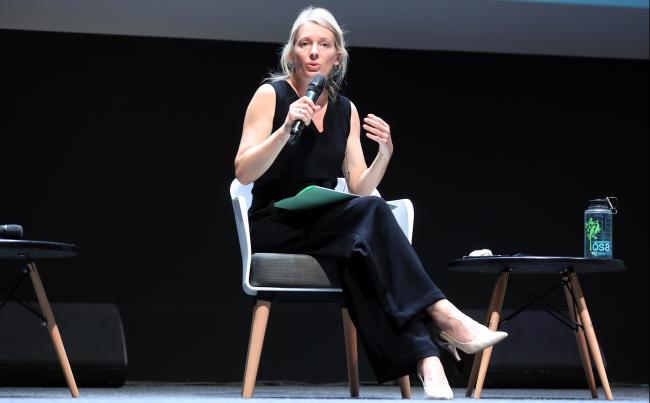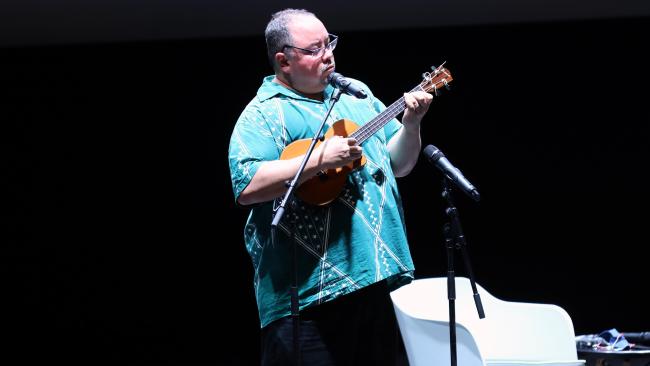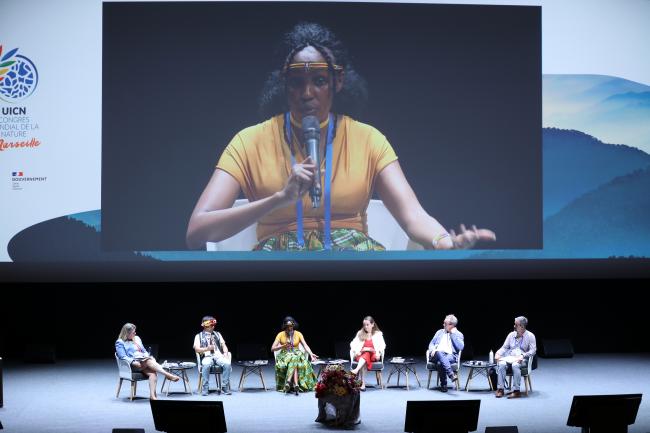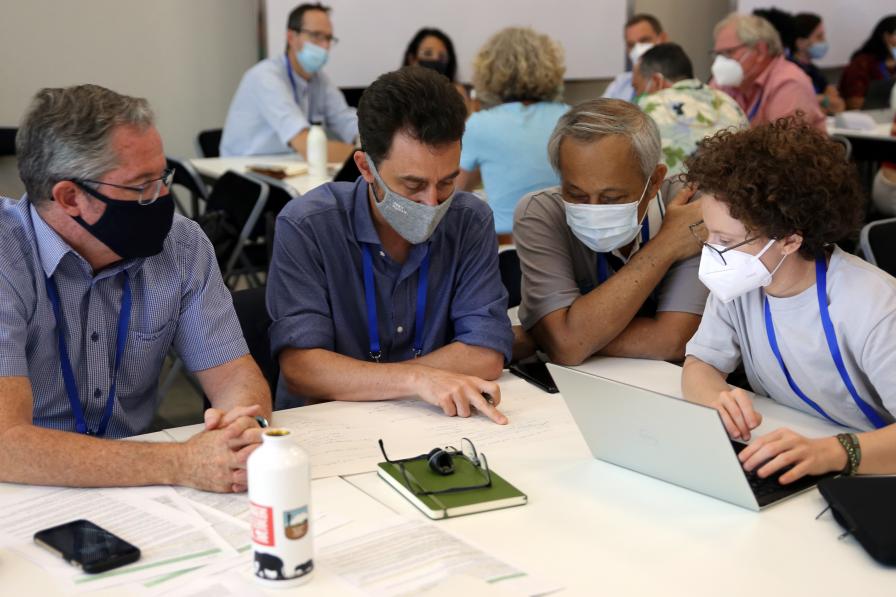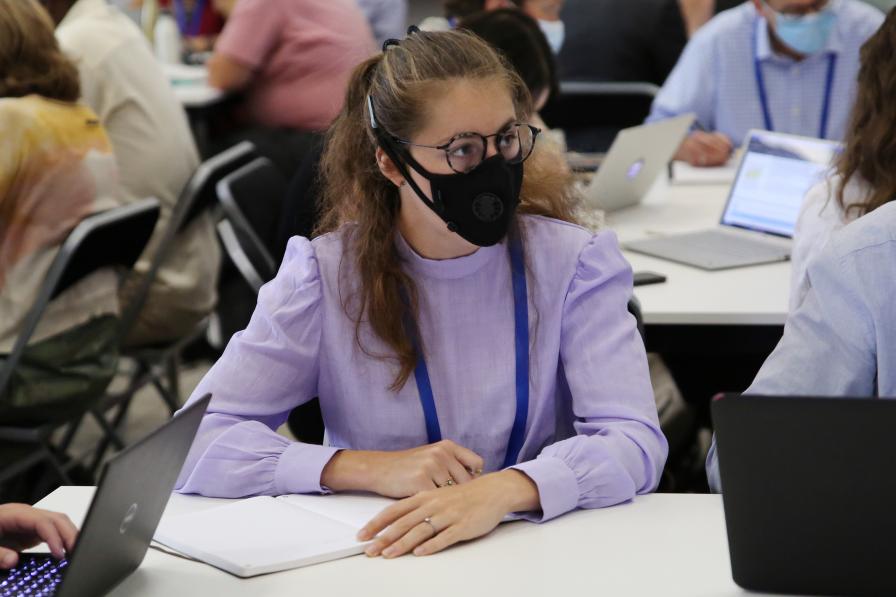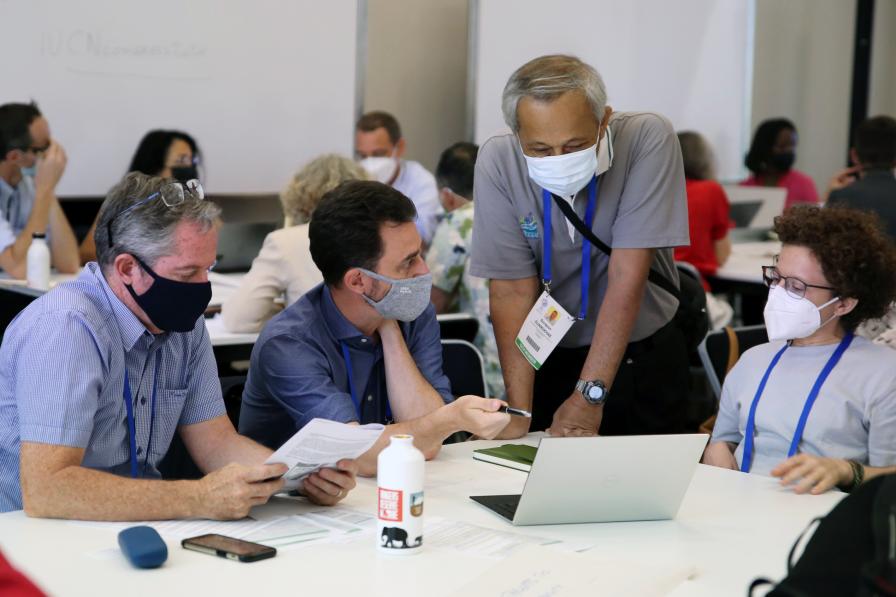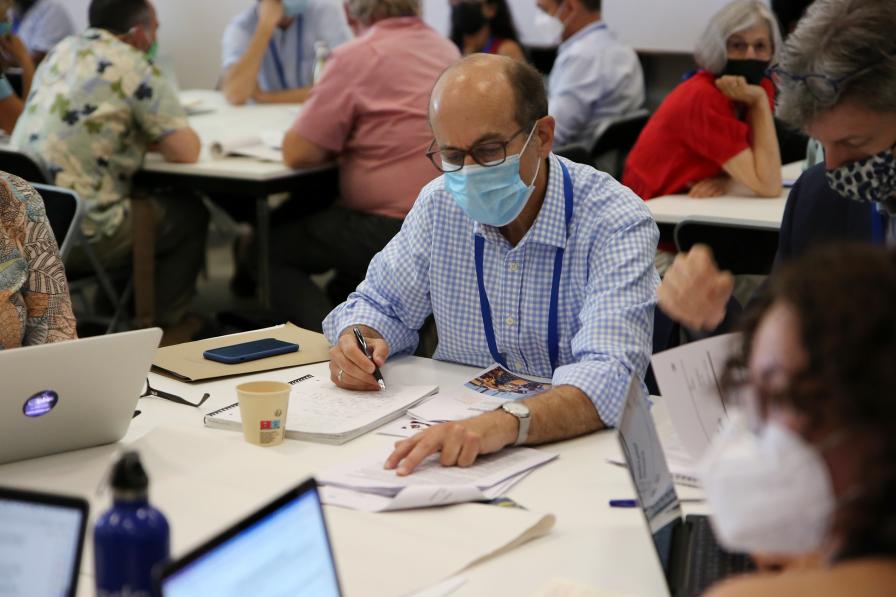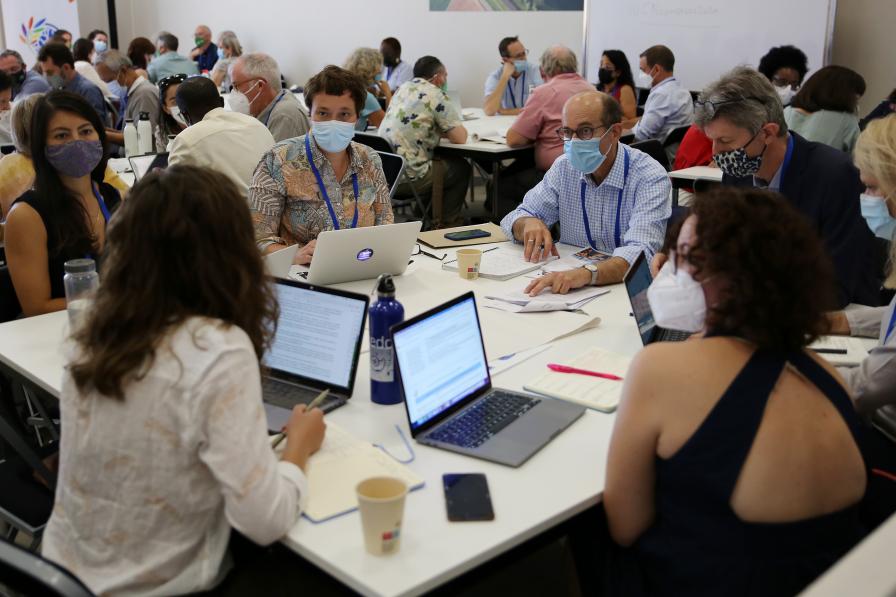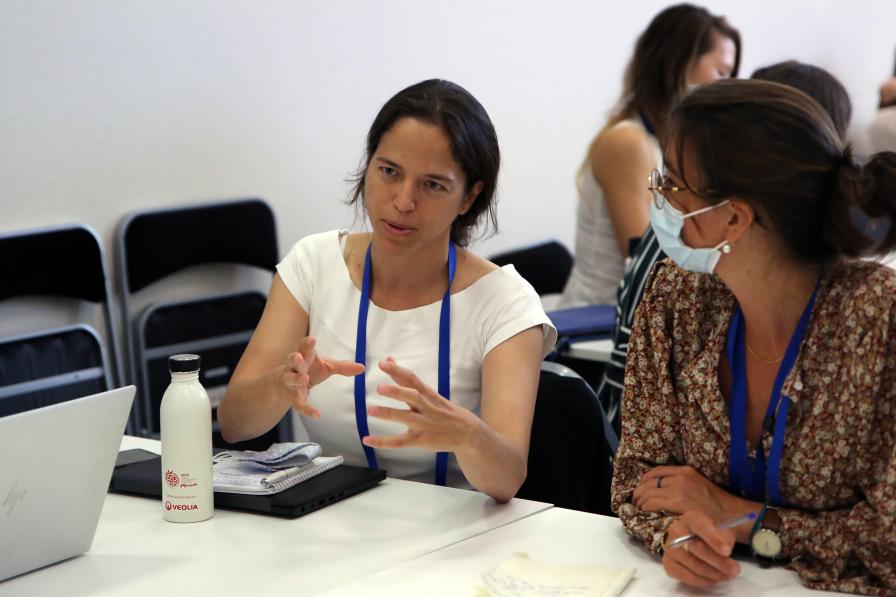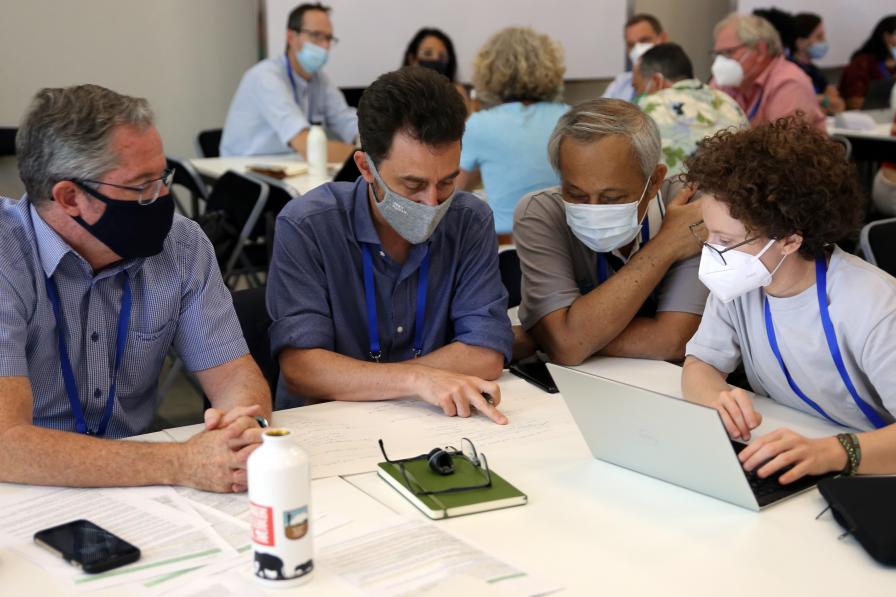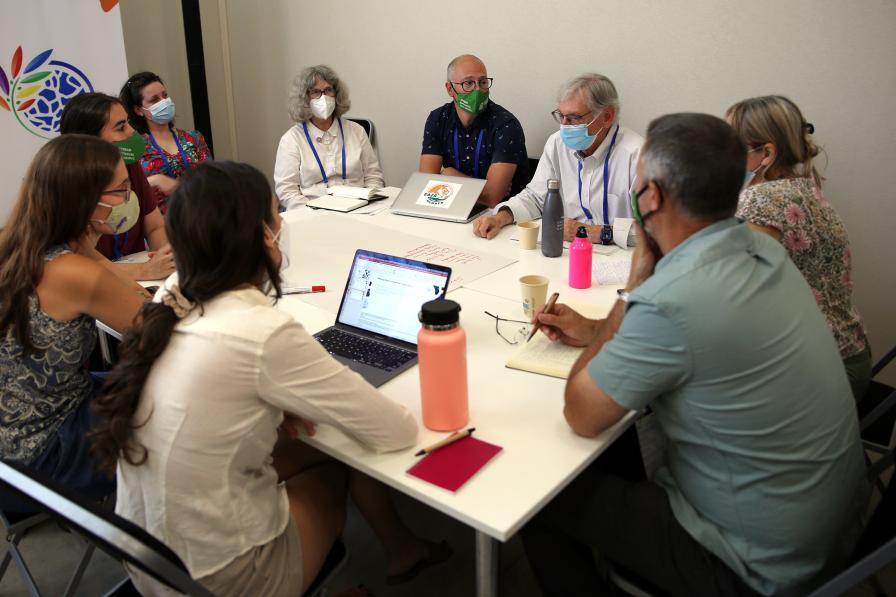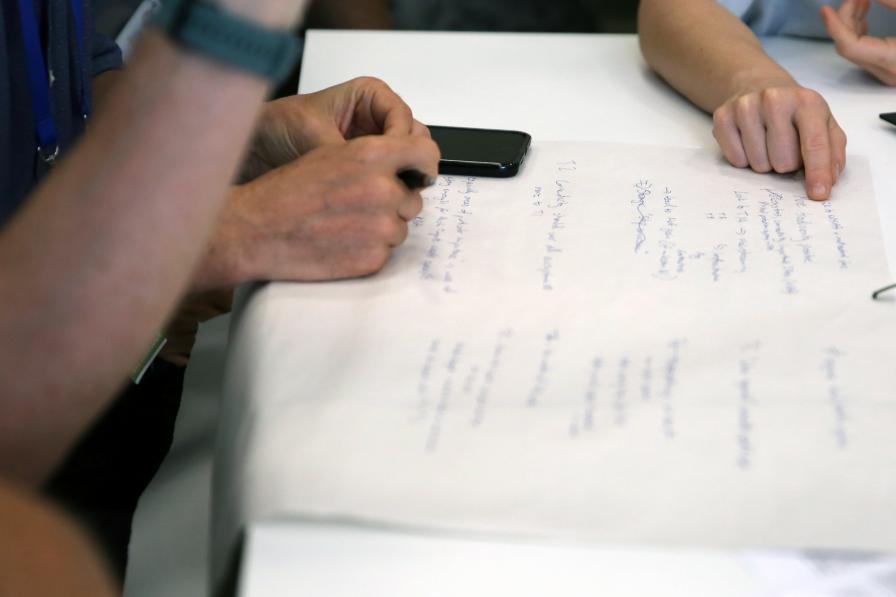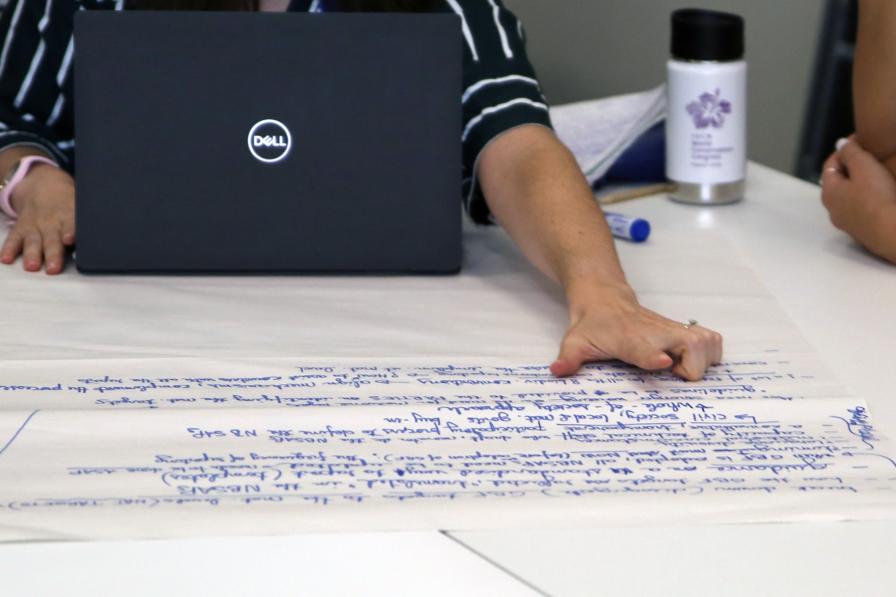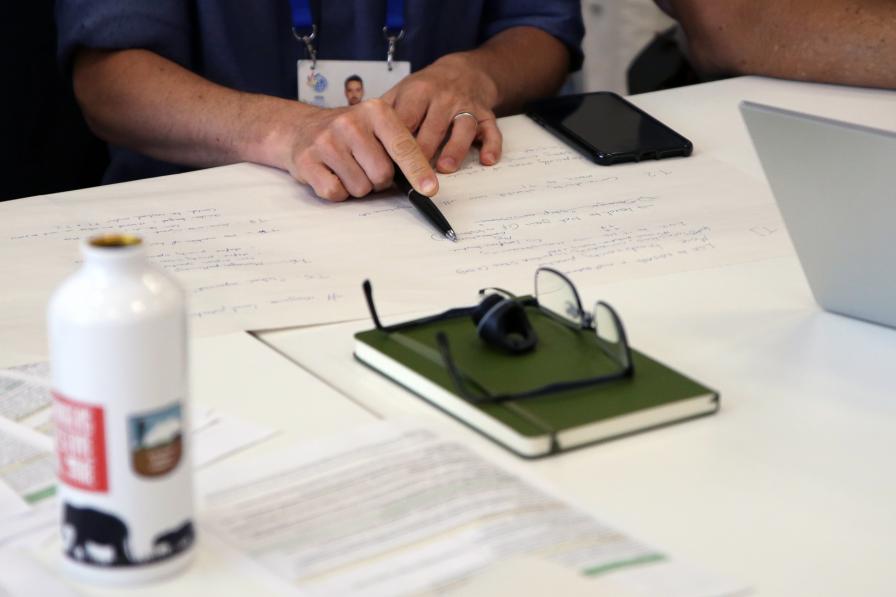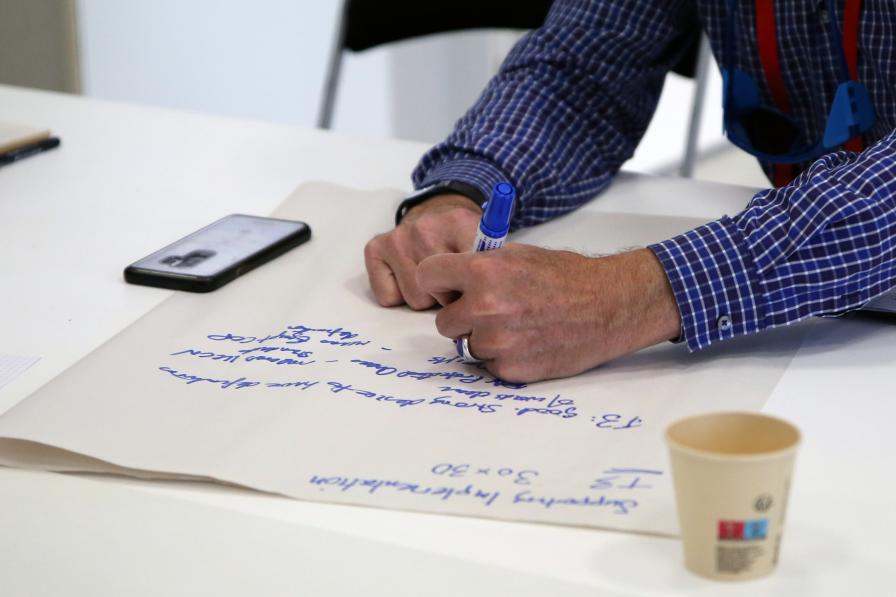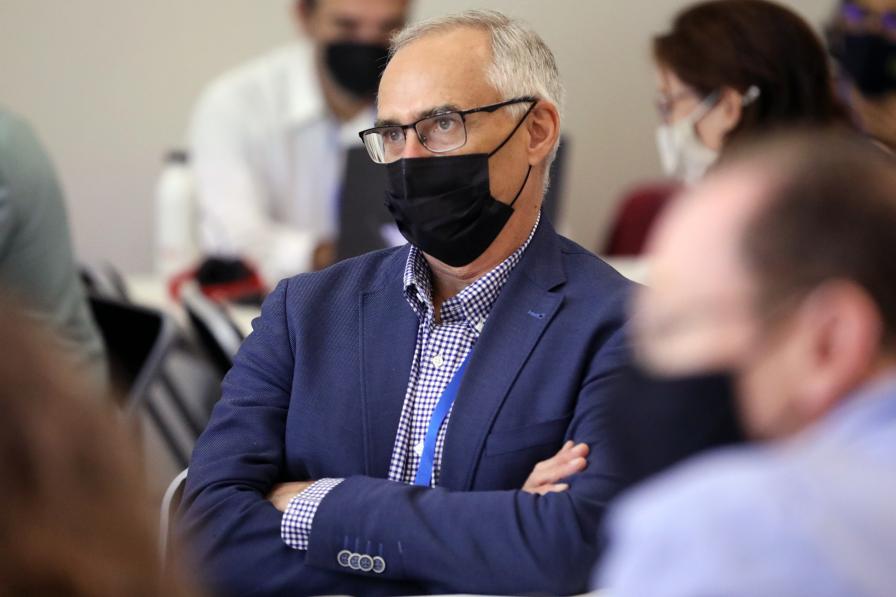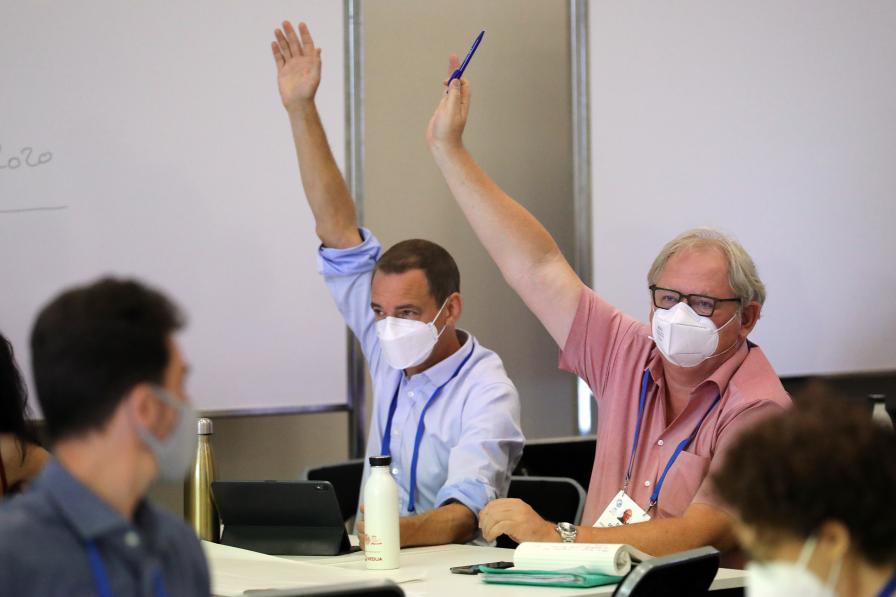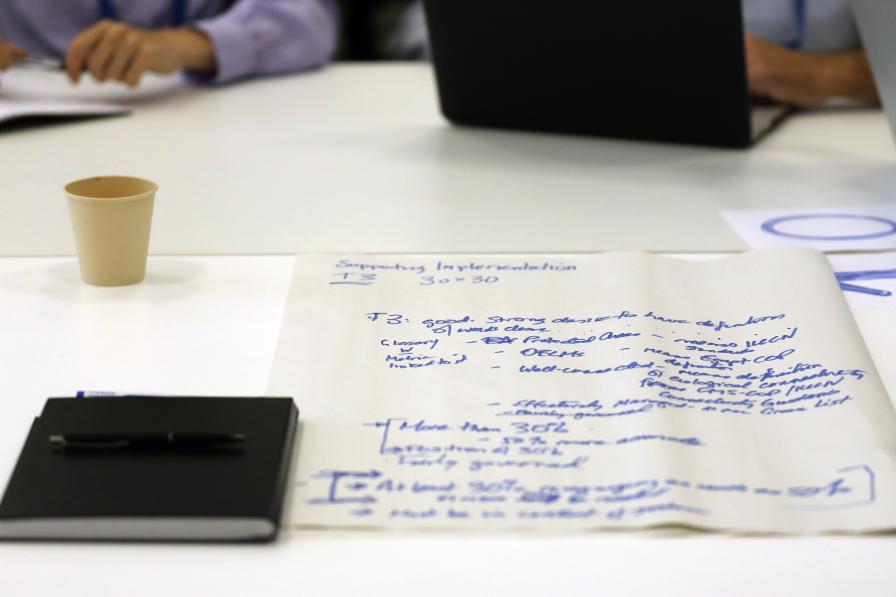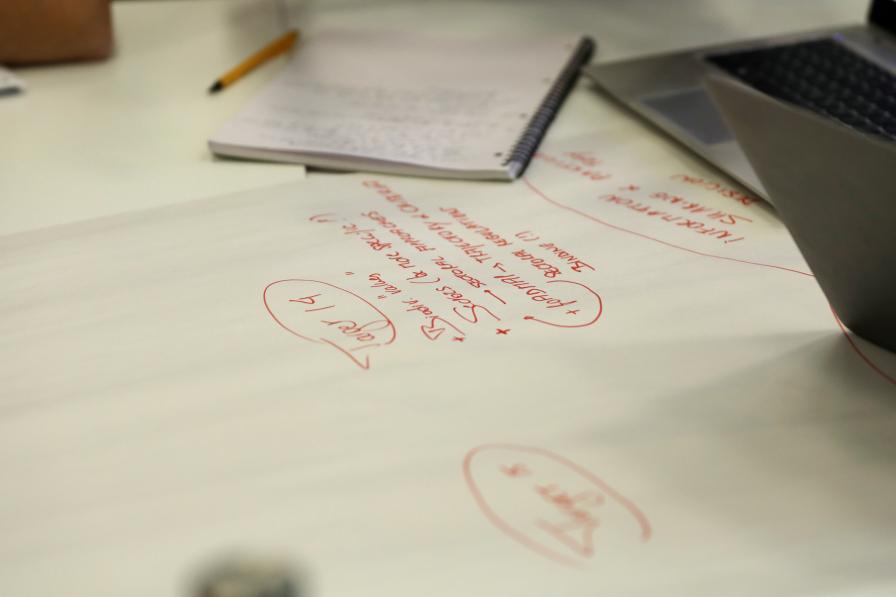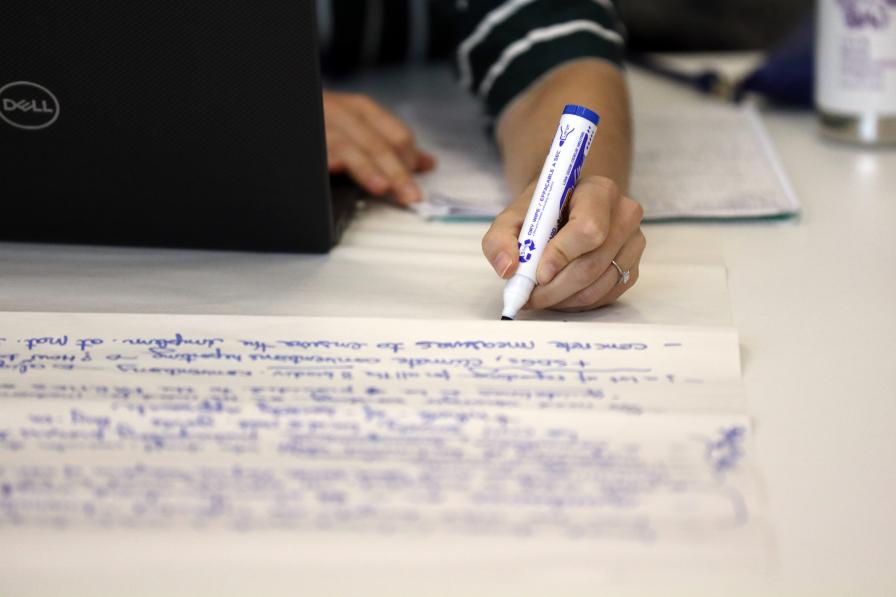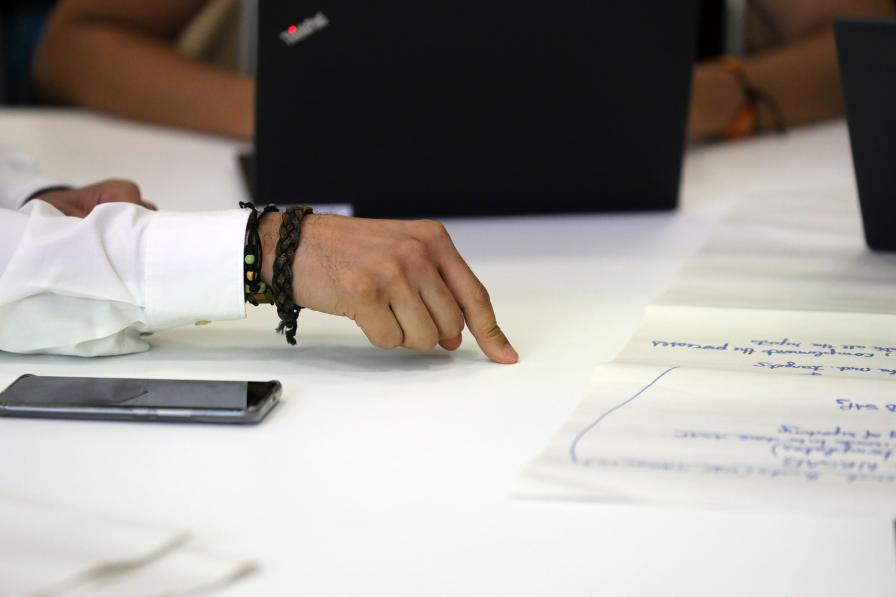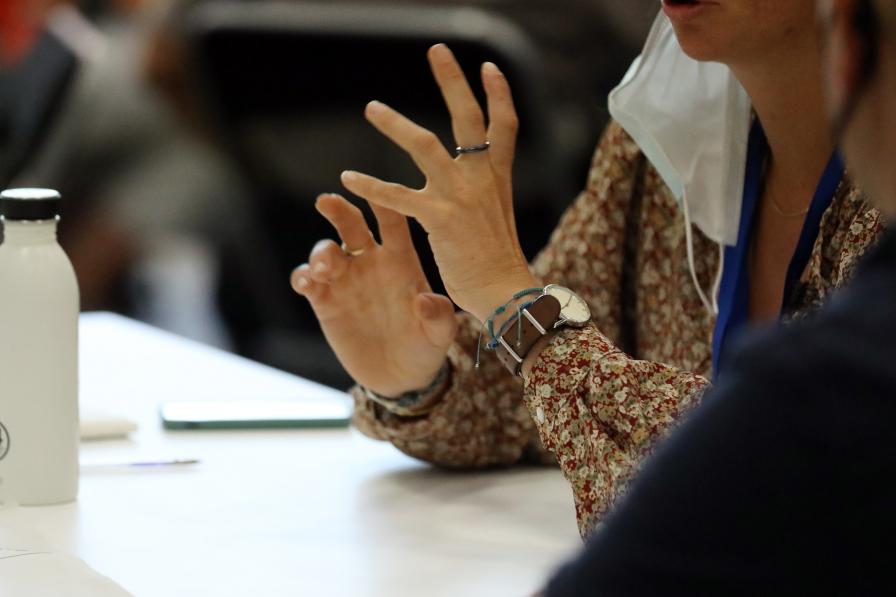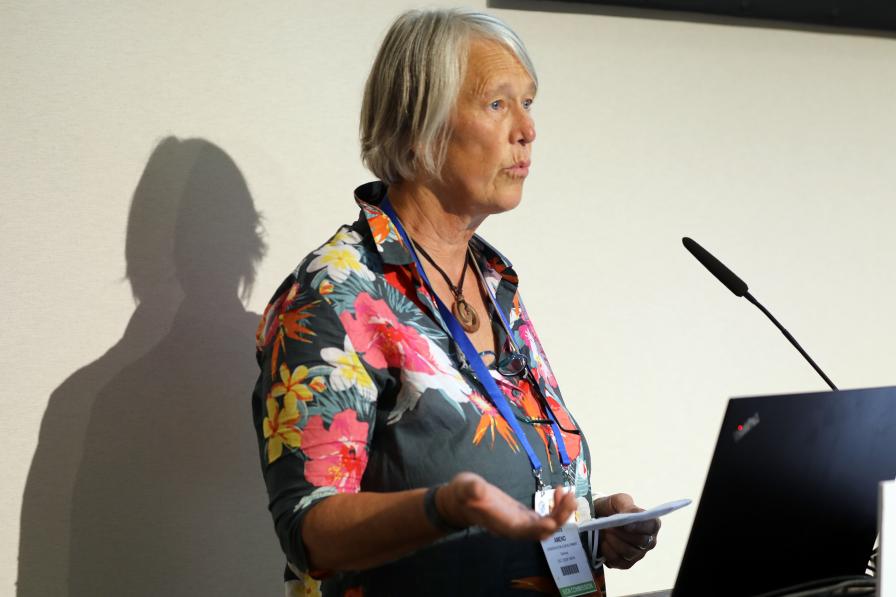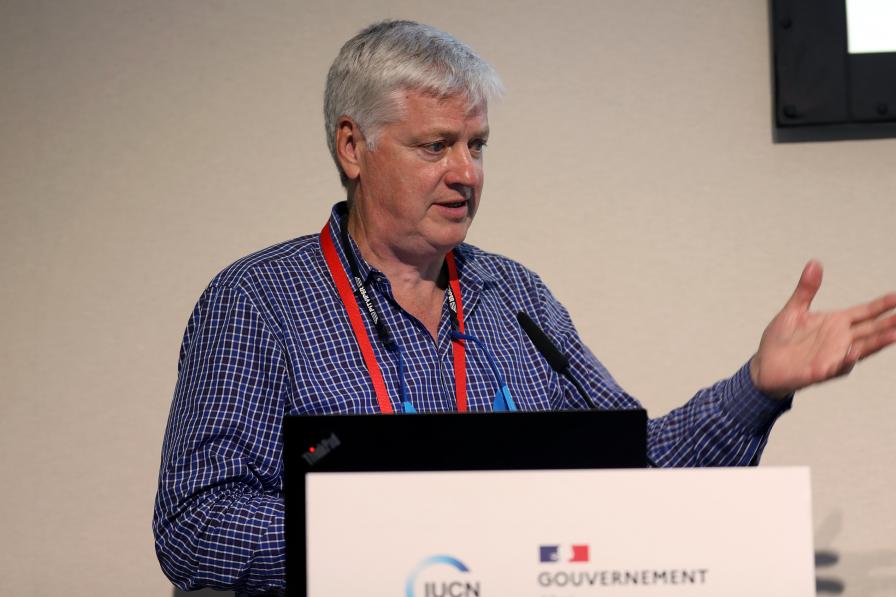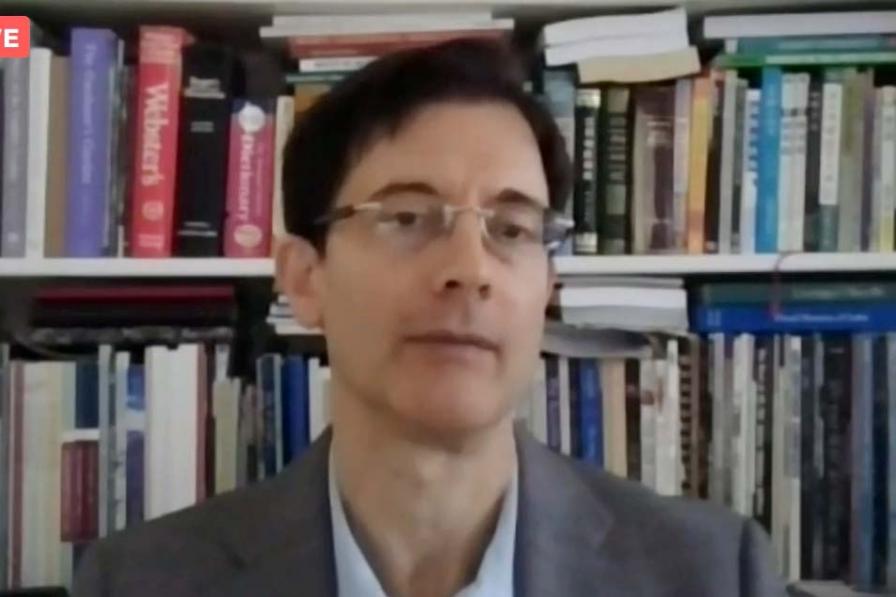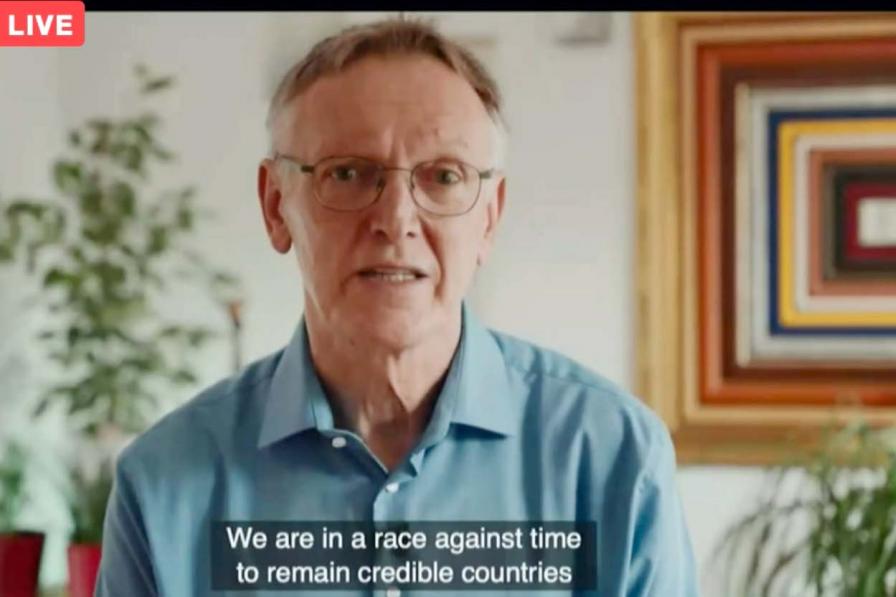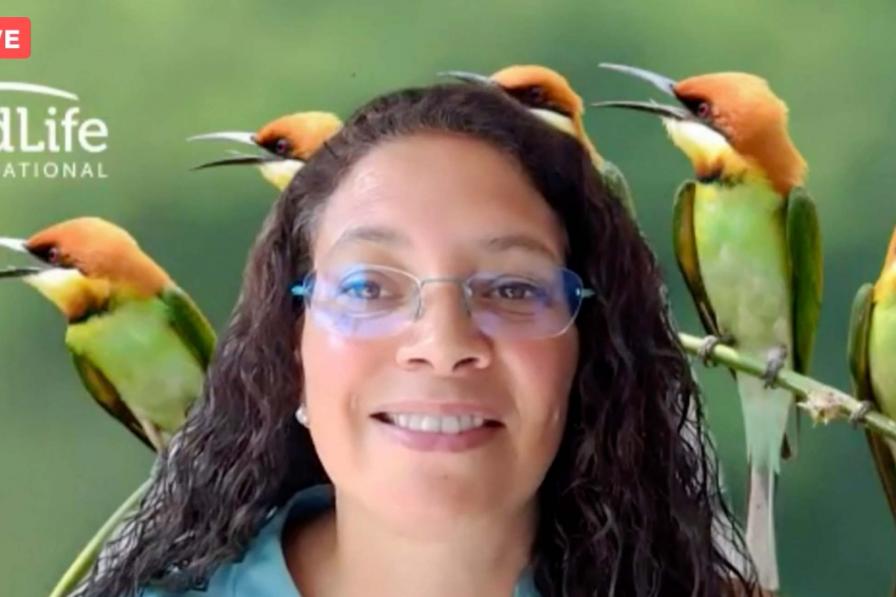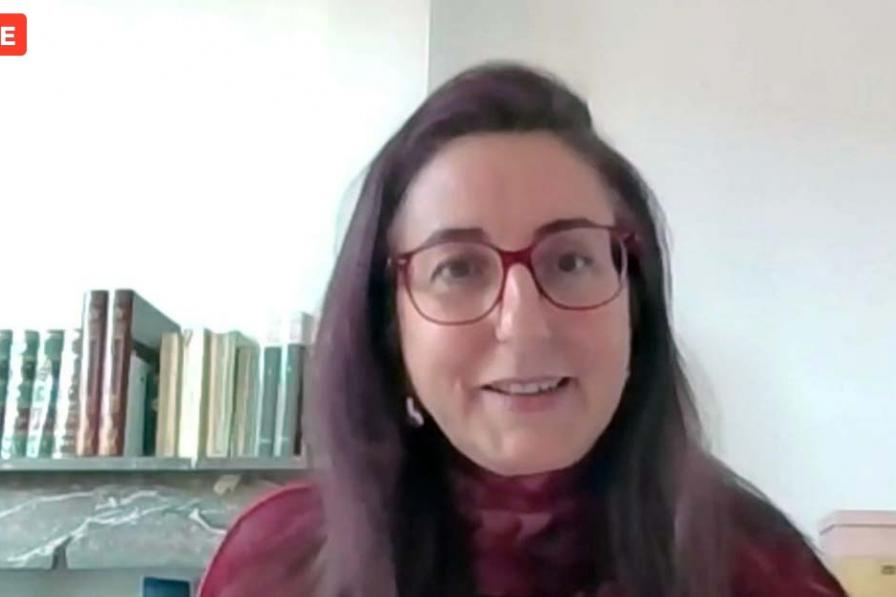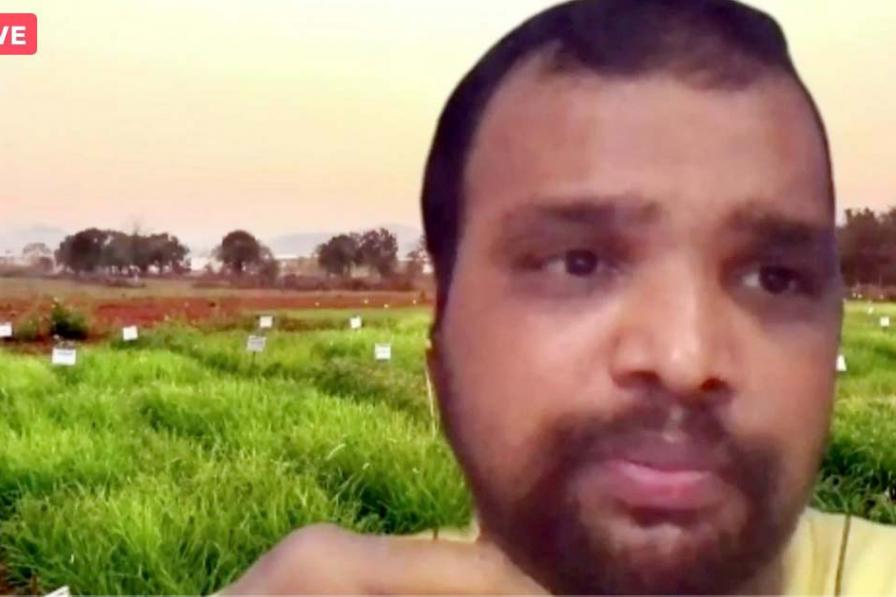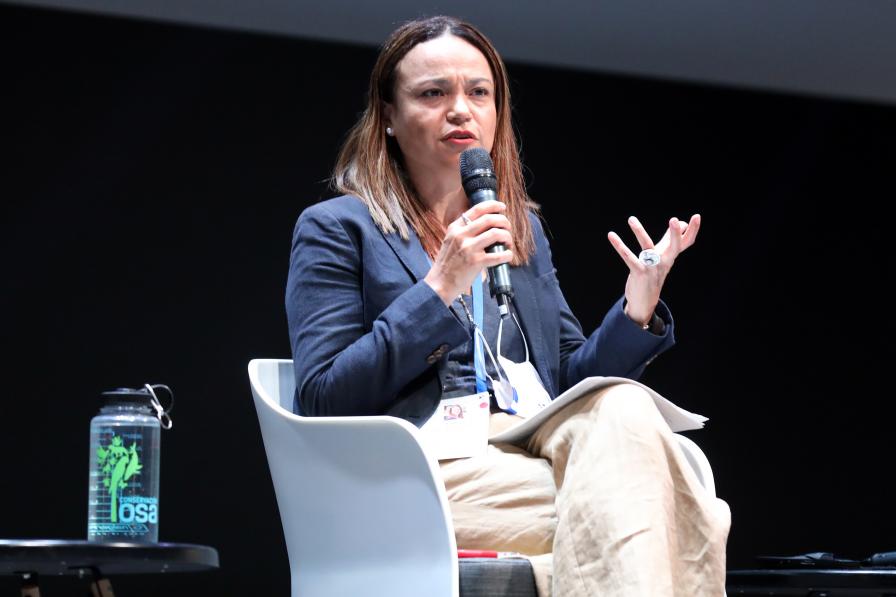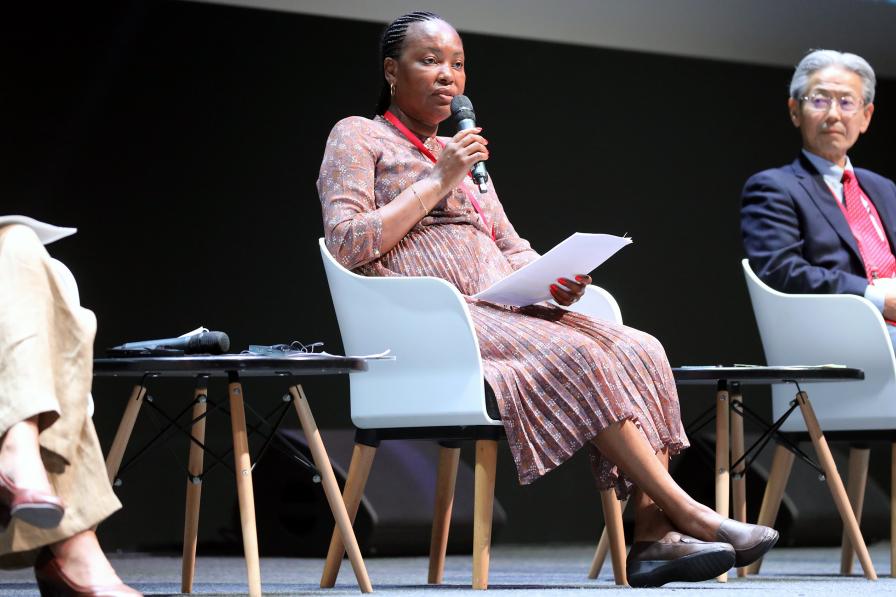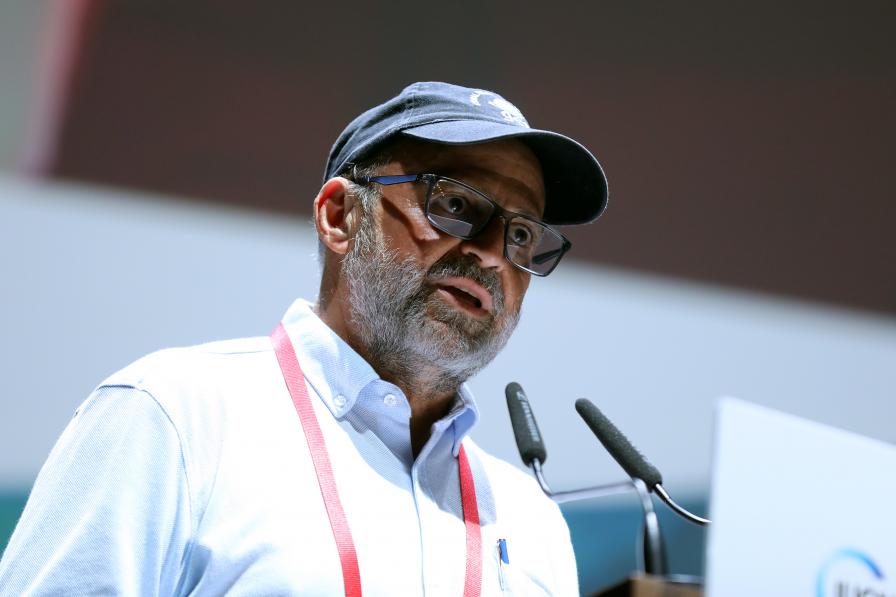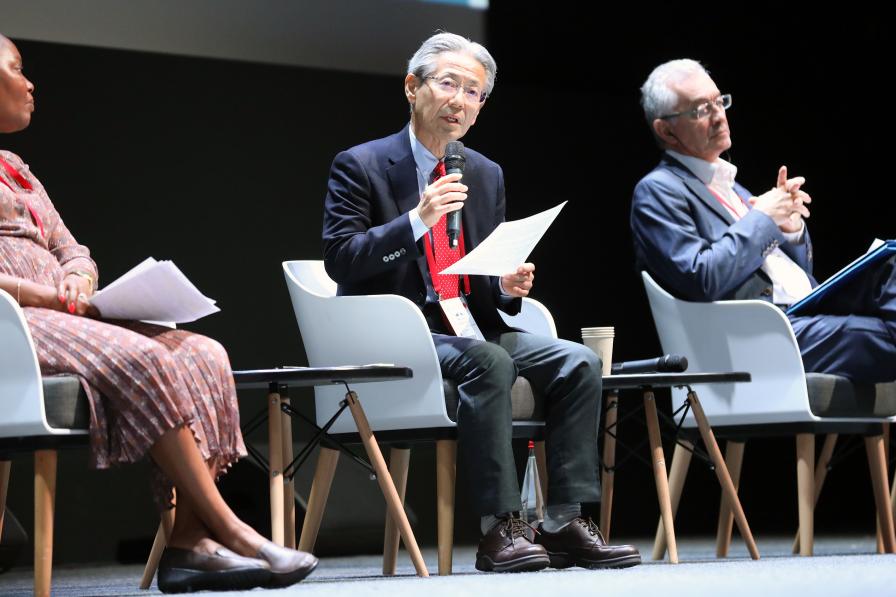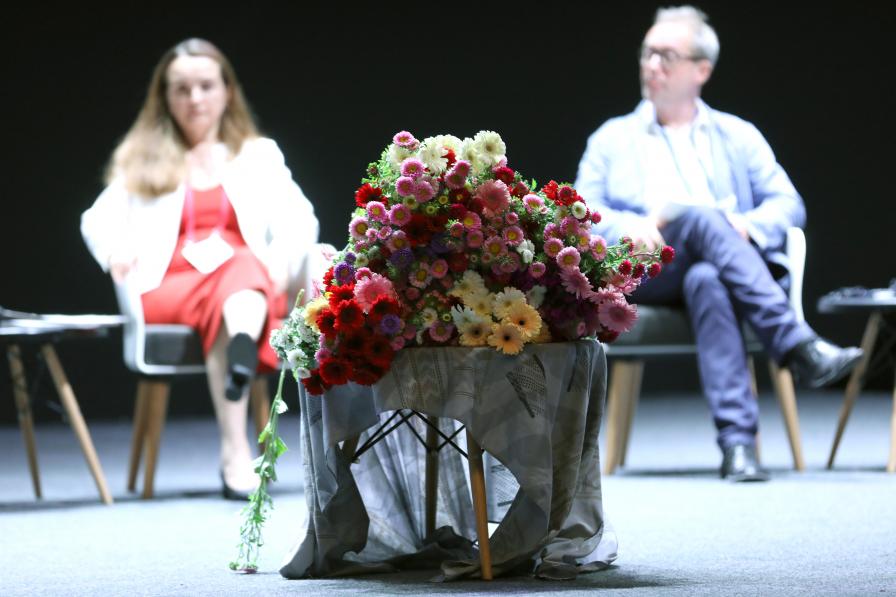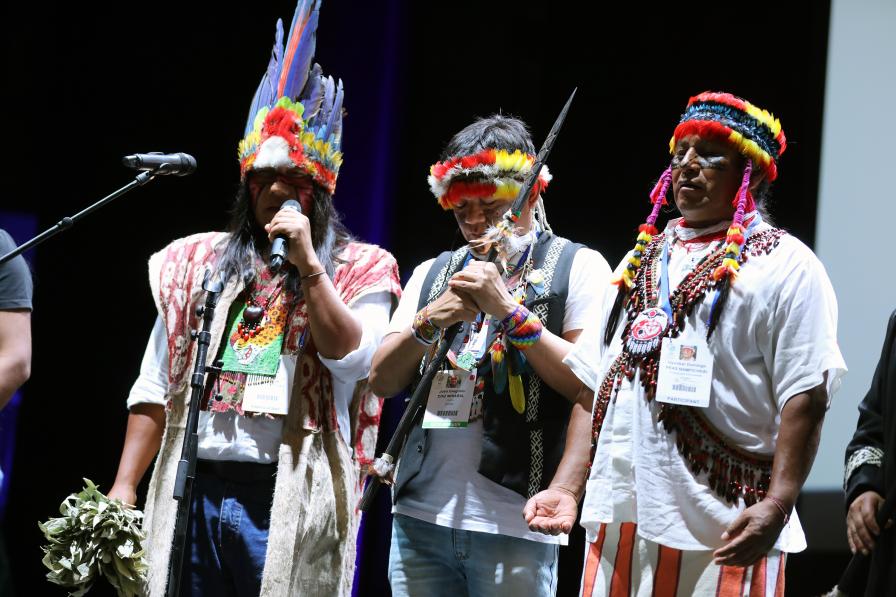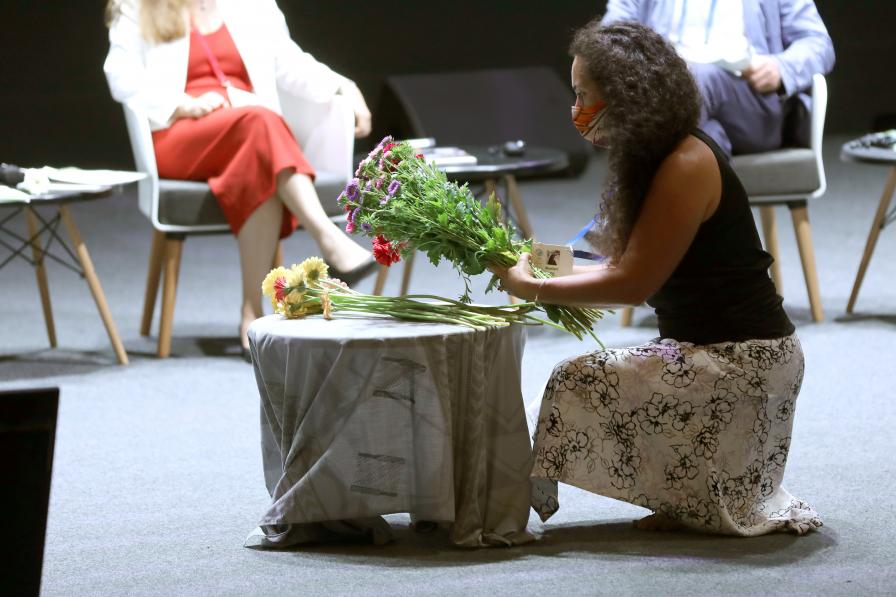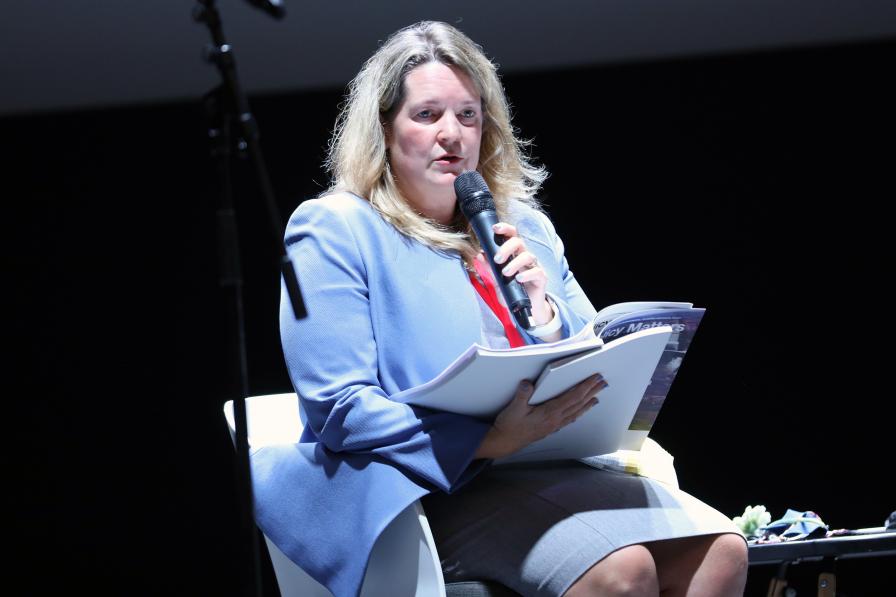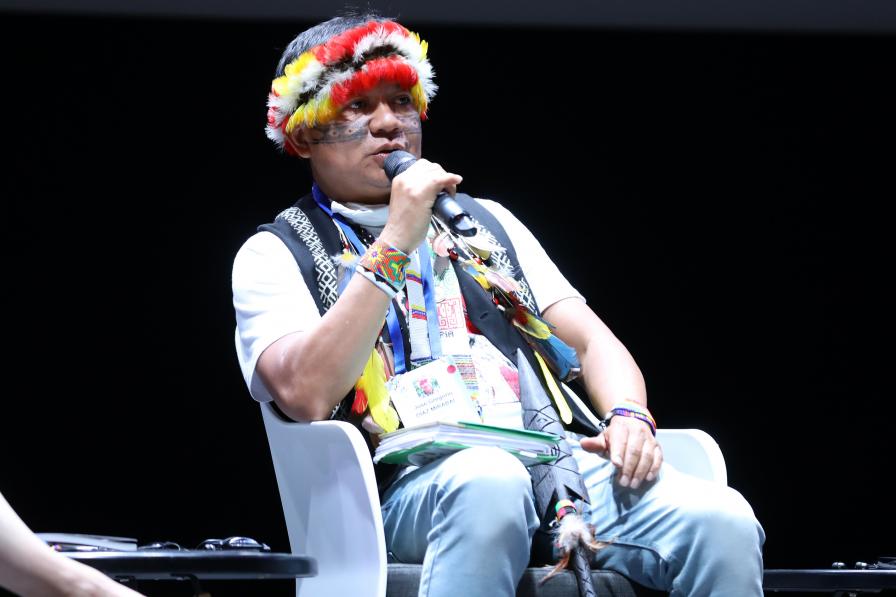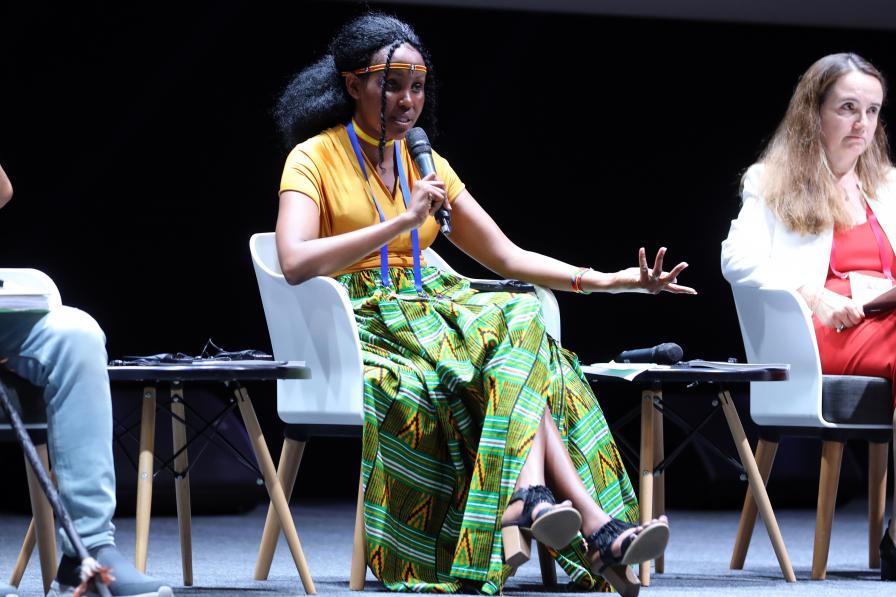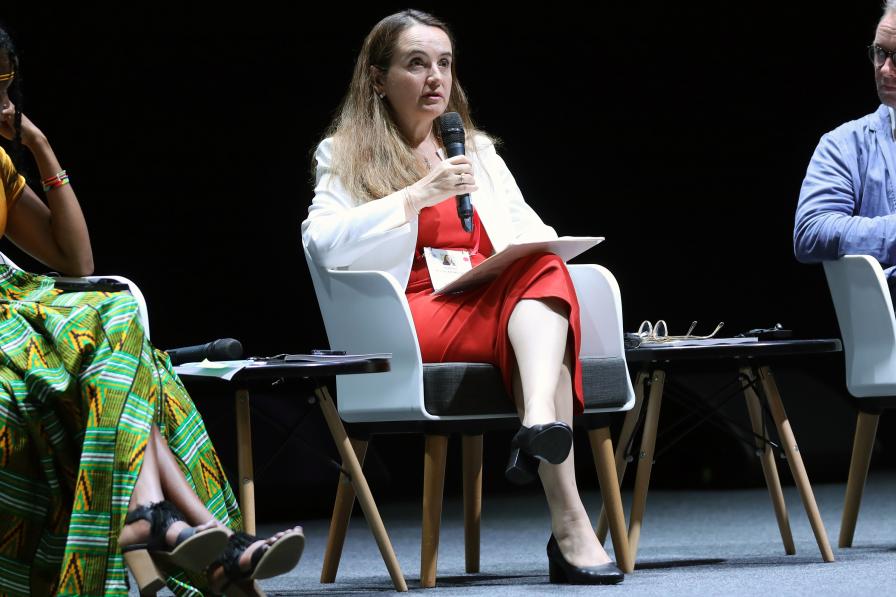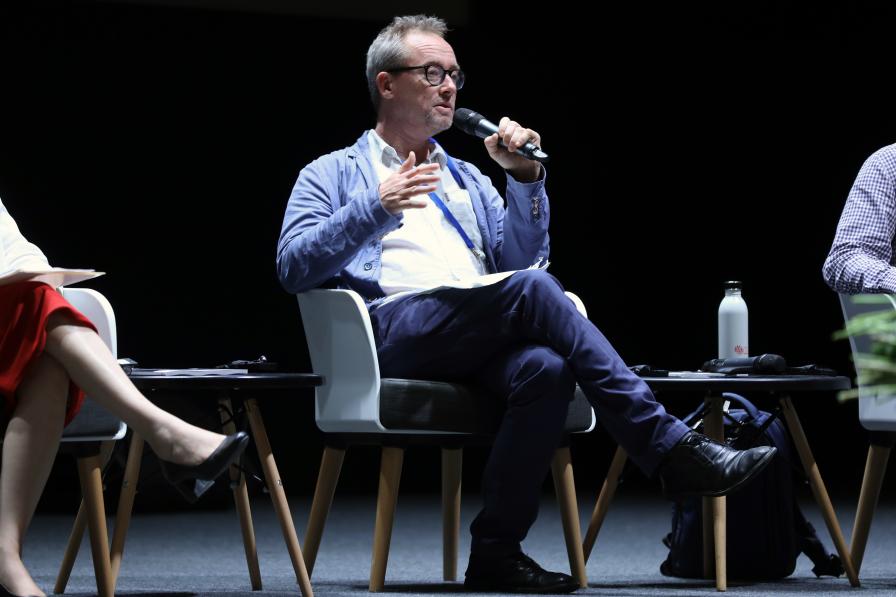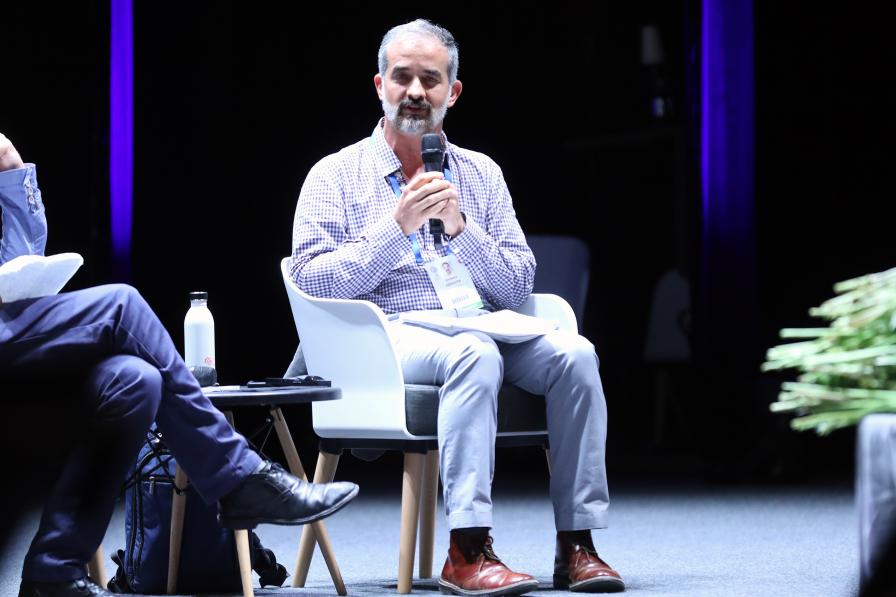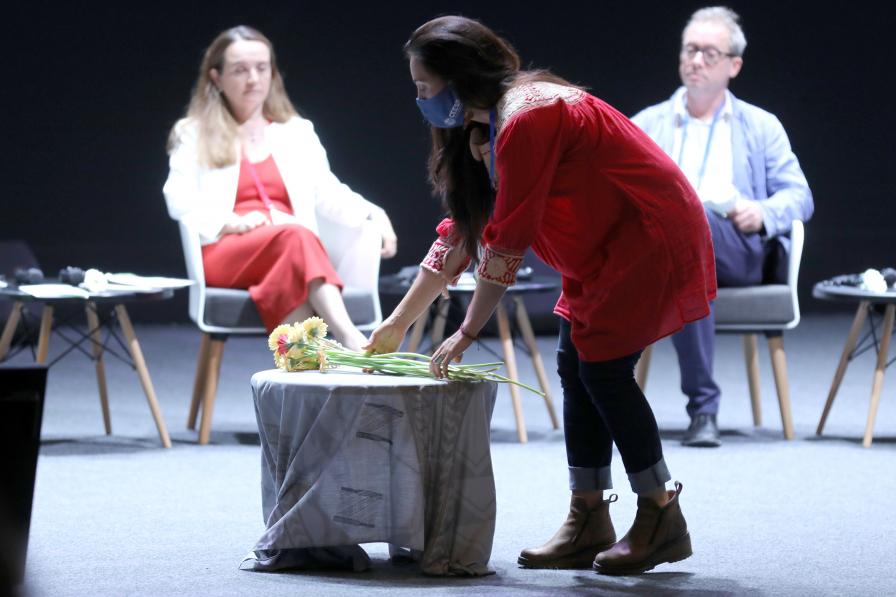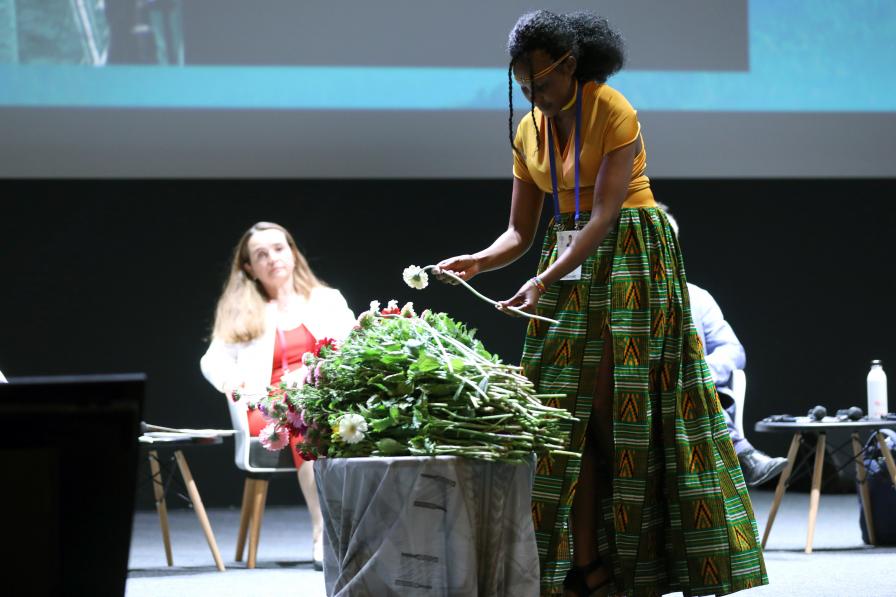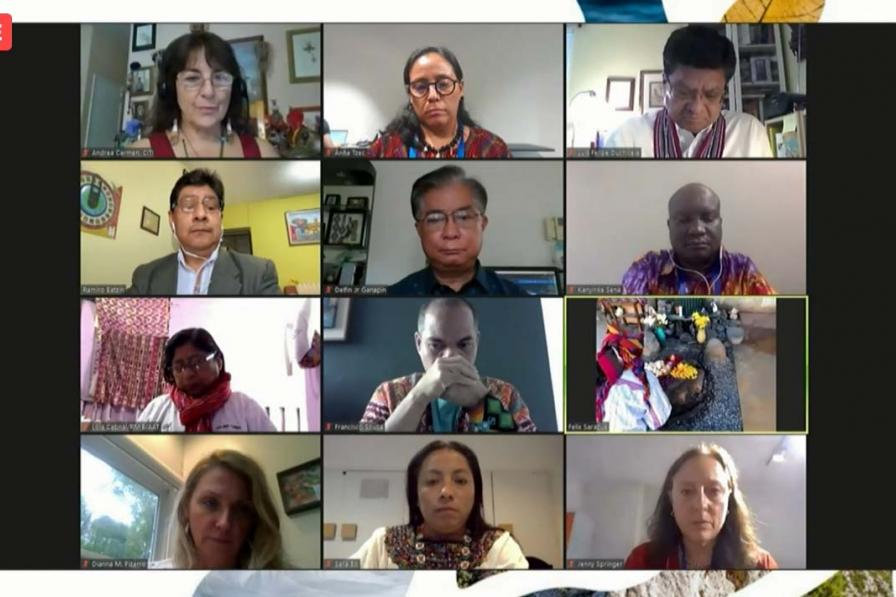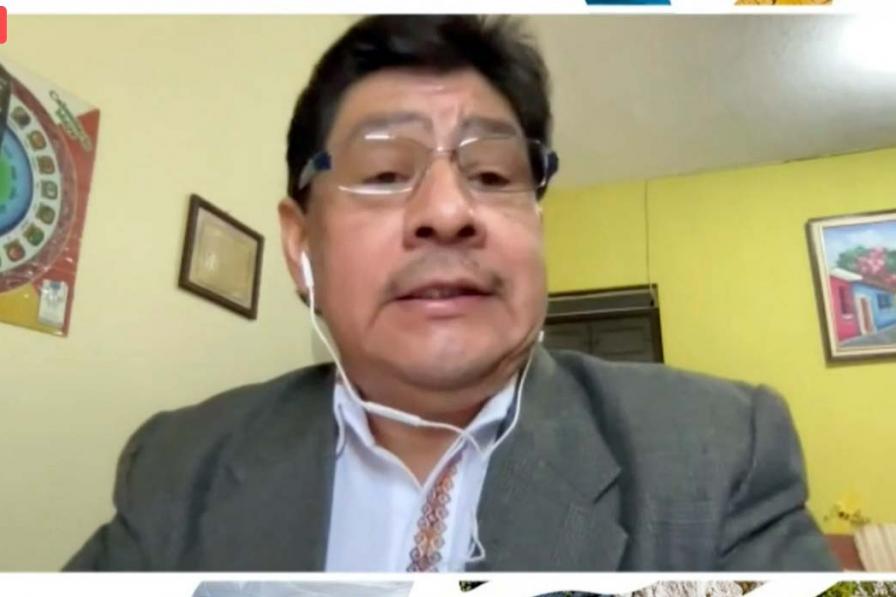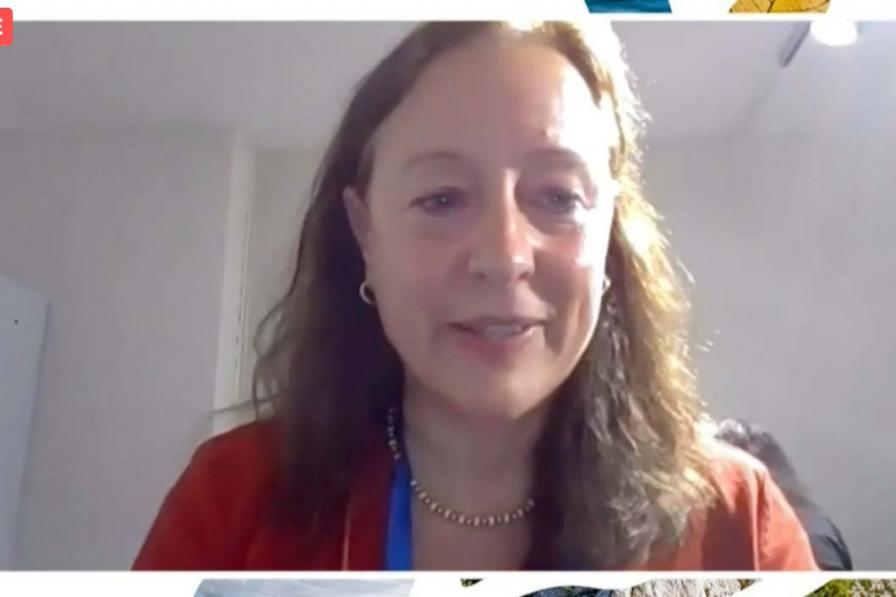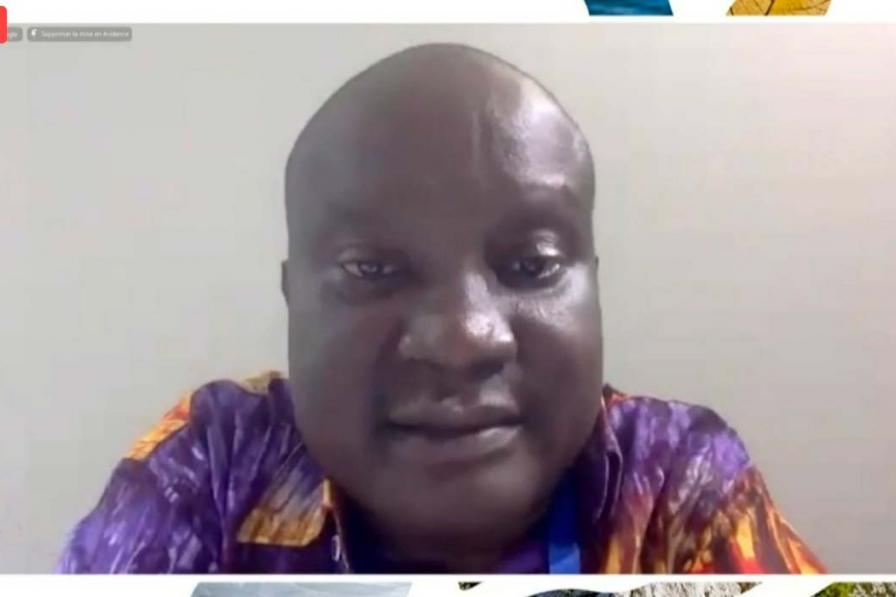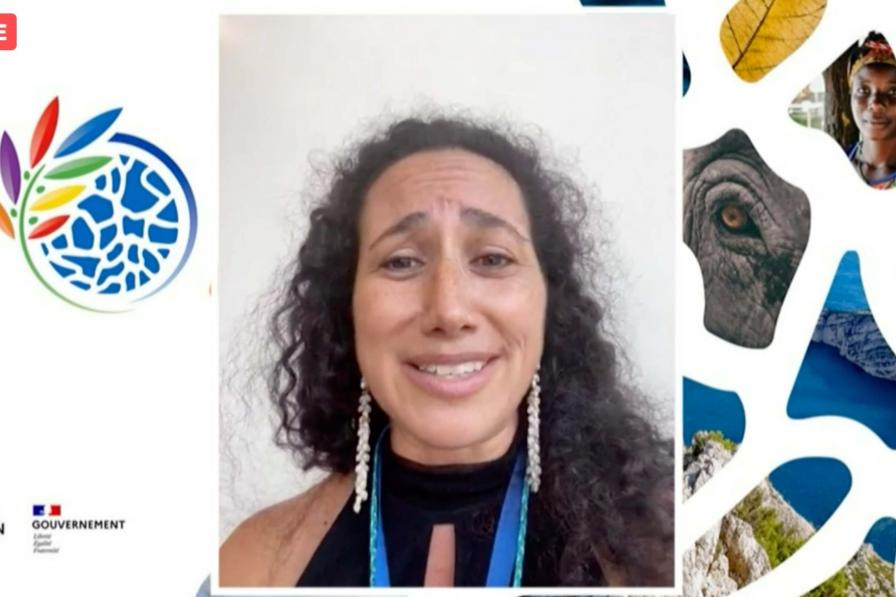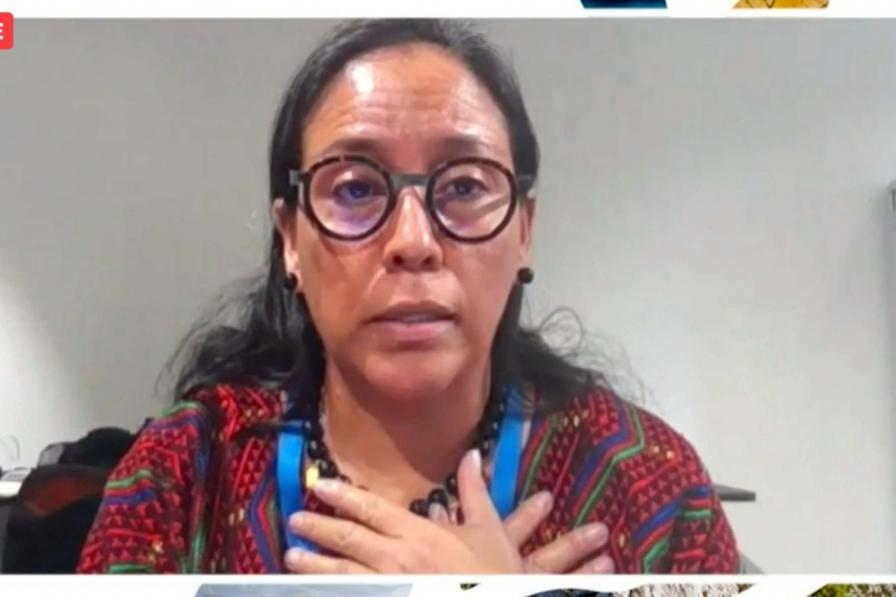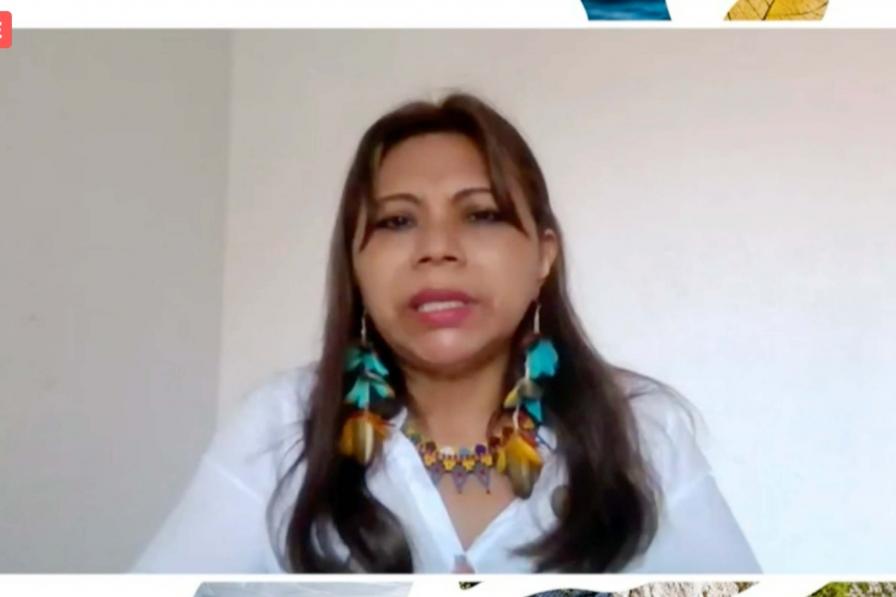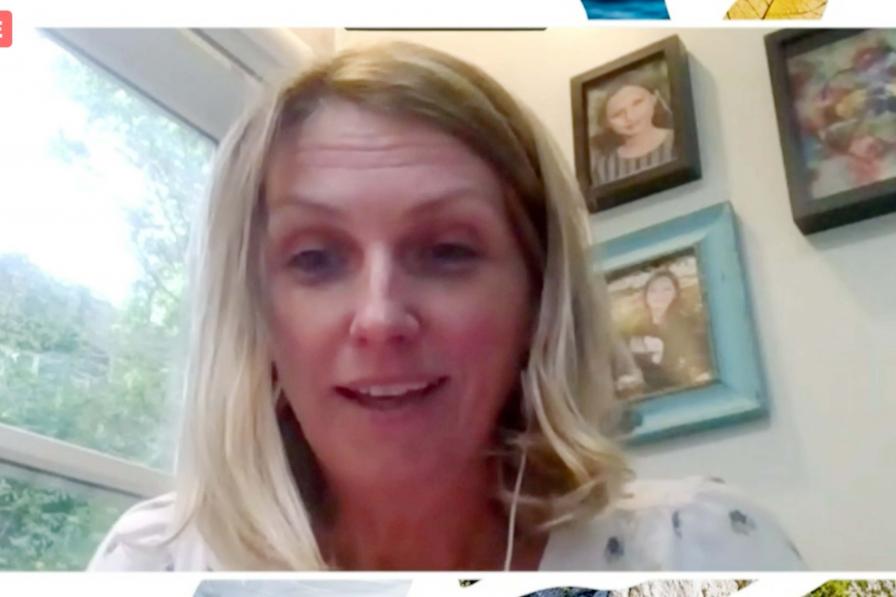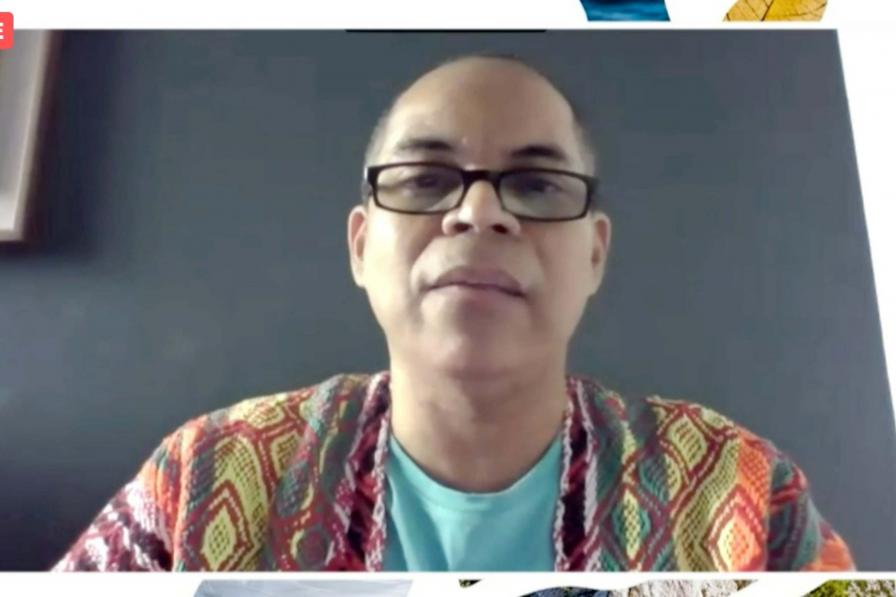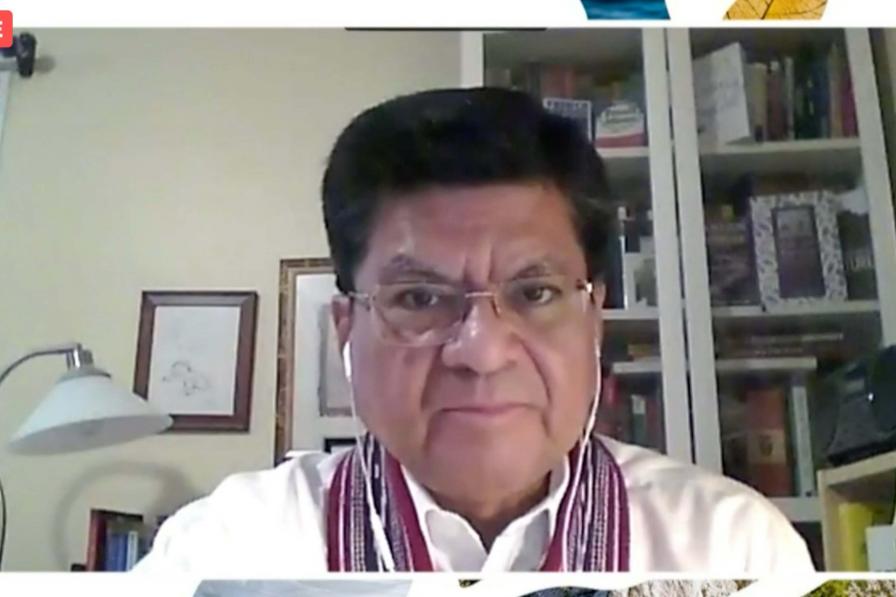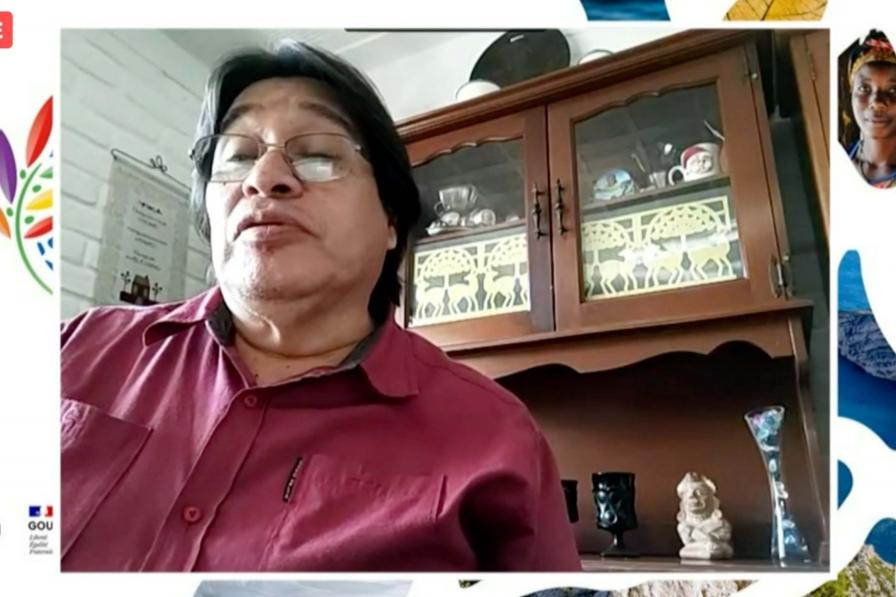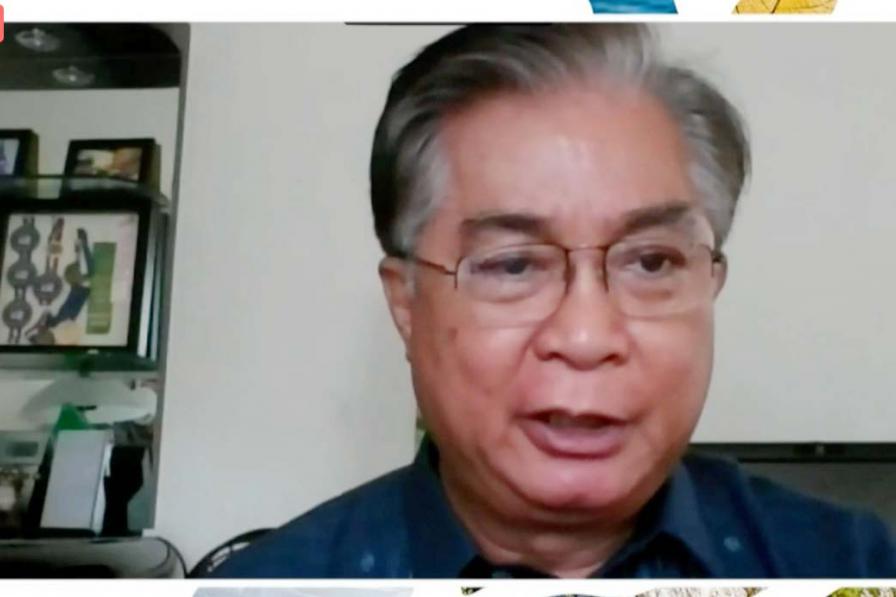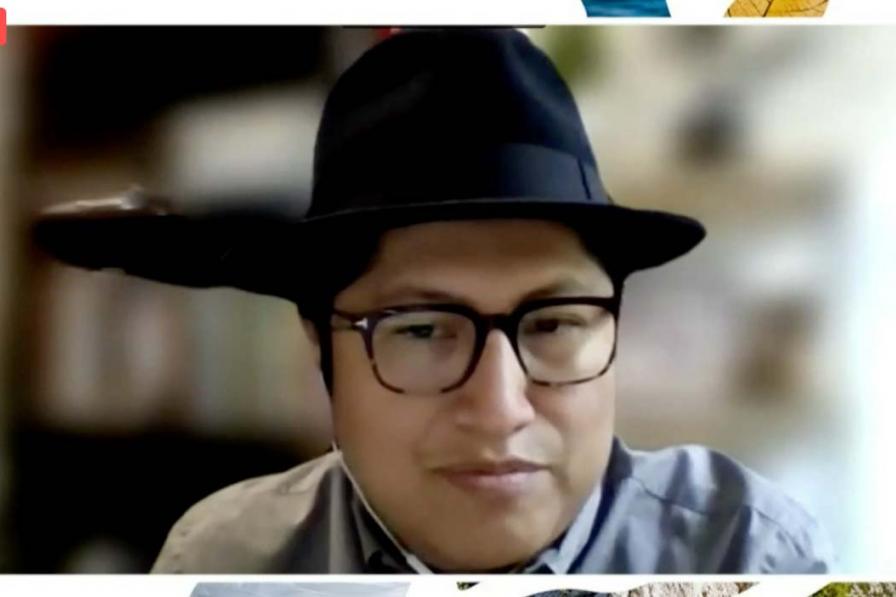Post-2020 Global Biodiversity Framework: A Recipe for Success
Moderator Jane Smart, IUCN, highlighted that the global biodiversity framework (GBF) must galvanize action while being ambitious, focused on implementation, and underpinned by science.
IUCN Director General Bruno Oberle emphasized that the GBF needs to be based on sound reasoning and kickstart action the day after the negotiation ends.
Carlos Manuel Rodriguez, CEO and Chairperson, Global Environment Facility (GEF), explained that environment ministries often operate in silos, frequently opposed by other ministries in their efforts to increase sustainability. He added that too many agencies with different visions manage natural resources in the same landscapes with the same stakeholders. Noting this does not happen in other sectors like health or education, he called for an ambitious, institutional landscape approach.
Calling for a systemic change, Marco Lambertini, Director General, World Wide Fund for Nature (WWF) International, stressed the need for a global goal for nature, which will disrupt the activities of other sectors that drive biodiversity loss. He cautioned that, without such a goal, it may be difficult to leverage the necessary ambition. He further focused on economic drivers, urging shifting financial flows that are going in the wrong direction to send a strong signal to markets.
Martha Rojas Urrego, Secretary-General, Ramsar Convention on Wetlands, focused on the role of biodiversity-related conventions in the GBF and stressed that “an unprecedented crisis requires unprecedented efforts to turn the tide.”
The Transition to Sustainable Agriculture: For People, Food and Nature
The session, co-hosted by IUCN and the Food and Land Use Coalition (FOLU), discussed sustainable food production for a growing population, and the importance of including all stakeholders to achieve social, economic, and environmental goals.
Panelists highlighted the need for all stakeholders, particularly young farmers, to support the transition to sustainable agriculture. They discussed: transparent, science-based approaches; using data and co-creating knowledge with farmers; emphasizing soil health and regenerative practices; moving from a silo to a systems approach; reconsidering economic models that keep millions in poverty while overusing resources; and promoting behavioral change to increase demand for sustainably produced food.
High Ambition for Protected areas: Turning Pledges into Action
This session reflected on the challenges of implementing the GBF and how it can achieve the 30-by-30 target.
Bérangère Abba, Secretary of State for Biodiversity, France, stressed the need for more cross-sectoral information sharing to ensure cooperation and policy coherence, saying policy implementation must be inclusive at all levels.
Environmental Defenders: How Do We Support and Mobilize Our Community to Respond More Effectively?
This session focused on environmental defenders and the threats they face, including violence, criminalization, intimidation, and killing. The meeting opened with a traditional blessing and a Hawaiian song in memory of the 331 environmental defenders who perished in 2020.
Advancing the Outcomes of the World Summit on Indigenous Peoples and Nature
This session aimed to advance the outcomes of the World Summit on Indigenous Peoples and Nature. Panelists called for:
- protecting Indigenous Peoples’ rights when considering the designation of protected areas;
- protecting Indigenous Peoples’ intellectual property and traditional knowledge;
- ensuring access to vaccines and food security of Indigenous Peoples;
- including indigenous voices in policy and decision making;
- adopting the Global Indigenous Agenda;
- trust-building efforts with Indigenous Peoples, noting their rights have been violated for years;
- additional human and financial resources to support implementation of the Agenda; and
- support for the self-determination of Indigenous Peoples and the concept of indigenous guardianship.
To receive free coverage of global environmental events delivered to your inbox, subscribe to the ENB Update newsletter.
The Transition to Sustainable Agriculture: For People, Food and Nature
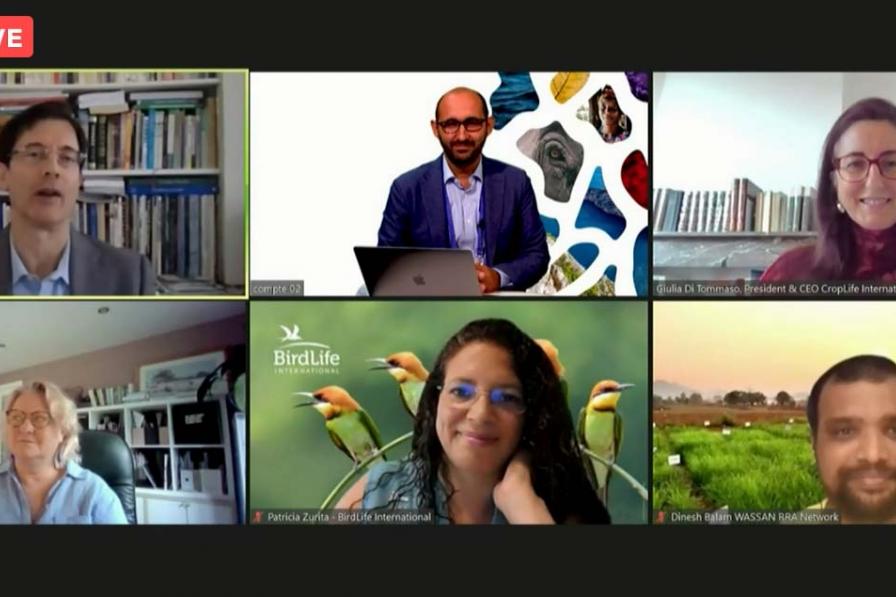
Clockwise from left: Moderator Seth Cook, FOLU; Alberto Arroyo Schnell, IUCN; Giulia Di Tommaso, President and CEO, CropLife International; Dinesh Balam, Watershed Support Services and Activities Network (WASSAN); Patricia Zurita, CEO, BirdLife International; and Sue Pritchard, Food, Farming and Countryside Commission, UK
High Ambition for Protected Areas: Turning Pledges into Action
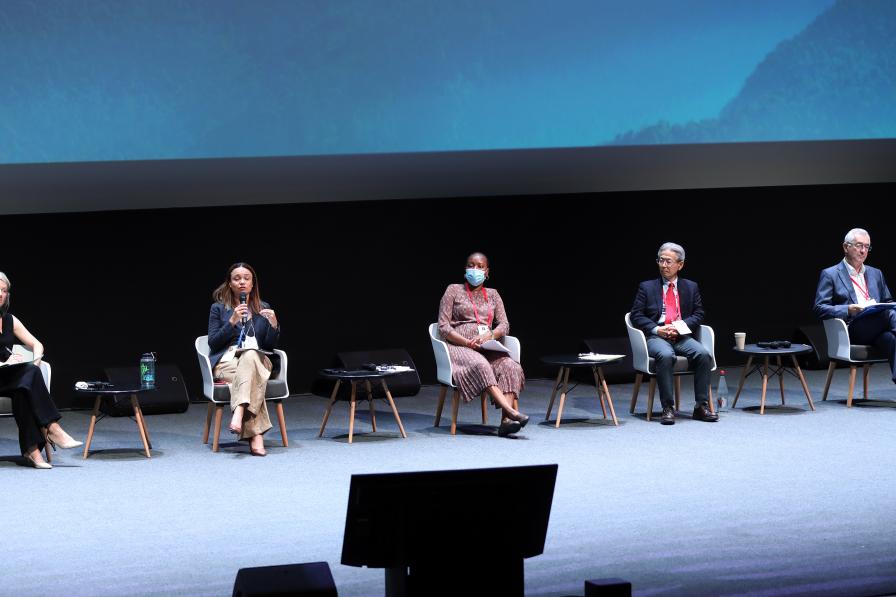
From L-R: Bérangère Abba, Secretary of State for Biodiversity, France; Andrea Meza Murillo, Minister of Environment and Energy, Costa Rica; Ivete Maibaze, Minister of Land, Environment and Rural Development, Mozambique; Kazuaki Hoshino, Ministry of the Environment, Japan; and Bruno Oberle, Director General, IUCN
